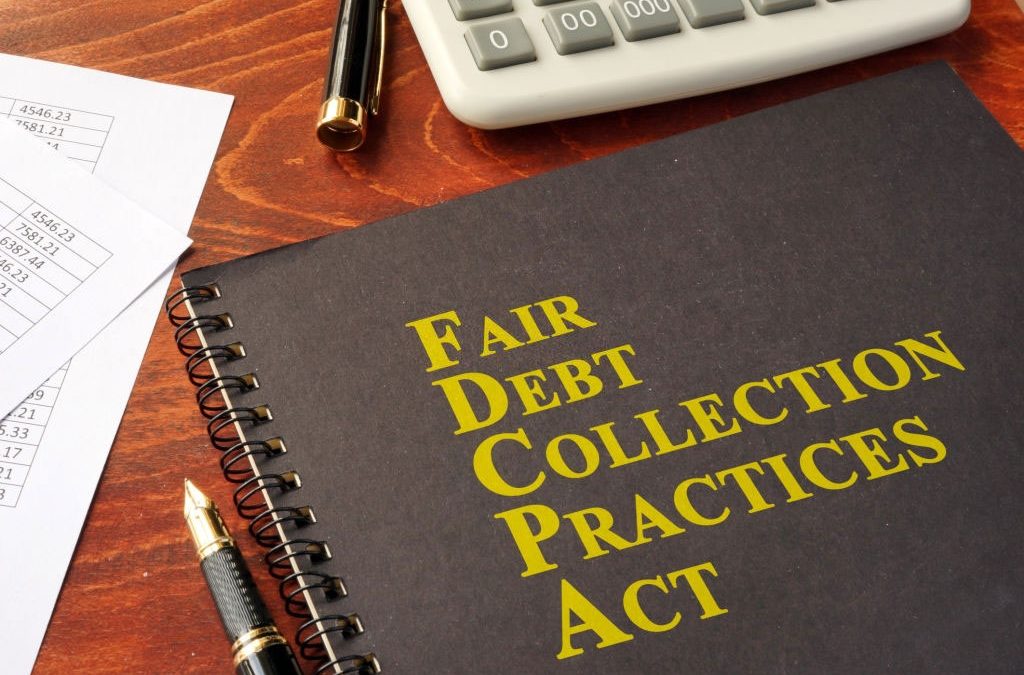Debt settlement is a negotiation achieved with the unsecured lender of a borrower. Commonly, lenders agree to forgive up to half of the outstanding debt: usually around 50%. When settlements are final, both parties are in agreement. The amount written off varies greatly when settlements are final. It will depend on the financial situation of each party and the state where the negotiation is taking place.
Creditors are often more willing to settle debts because they are often losing money. They do not want to see their collateral, which would be their own homes and cars, become worthless. Debt settlement companies offer the creditors relief by lowering monthly payments, interest rates, and consolidating the debts into one lower payment. This gives the creditor longer term benefits at a lower cost.
Typical debt settlement offers consist of two parts: the reduction of principle and the extension of time. In most cases, the longer the duration allowed, the less will be owed. For example, if the original loan is due in two years, the lender will extend it by six months giving him three years to get his money. The two part of these offers are meant to cover the loss of principle. When a customer is delinquent, he owes the amount of principal plus interest plus fees. Most creditors are happy to reduce this total so that they get at least the principal back.
Consumers can negotiate their own through a debt settlement program or by working with professionals on their own. However, consumers who know what they are doing and have experience negotiating these types of deals may get better results. A professional negotiator will use a variety of tools to help get creditors to settle for less. He or she will make sure that all details of the agreement are arranged in a way that benefits the client. This will save the consumer money.
Often, consumers decide not to go with a professional negotiator. Instead, they try to negotiate on their own. However, this does not work in many situations. In fact, many creditors will not go into negotiations if they believe that there is little chance of getting anything other than bankruptcy. In addition, debt settlement companies are not obligated to accept a less desirable outcome than what they could get on their own. Using a professional, however, is better than going it alone since most creditors would rather settle now than lose the entire amount.
Some creditors will accept a lump-sum payment. This is the cheapest way to eliminate debt, but it is also the quickest way out. The creditor gets his money right away, which allows him to be more flexible with the client’s financial information. Many people feel that a lump-sum payment is fair since they will at least get their principal back. However, this is not always true and it often costs the creditor more in terms of time, fees, and effort to collect the money.
A third way to find a good option for debt settlement is to make all of the minimum monthly payments. For some, this will be the easiest way to reach their goal because they do not need to negotiate with creditors. Also, making minimum monthly payments ensures that the creditors will be able to make good on their promise to the debtor. Unfortunately, this option is not always the best choice. Sometimes creditors refuse to make minimum monthly payments or at least make them so low that it will be difficult for the debtor to survive.
If at all possible, consumers should always try to negotiate their debts on their own. If this does not work, consumers should use debt collection answers to help them resolve their problem with creditors. These answers can come from consumer support groups like Consumer Credit Counseling Services (CCCS) or non-profit organizations like the United States Federal Trade Commission. Using these services may help consumers get out of debt faster and avoid future problems with their creditors.

